Rome has not always been the seat of power for the papacy. For two notable periods of Church history, Popes lived outside of Rome and served as the successor of St. Peter away from the Eternal City.
You may have heard of the Avignon Papacy – a period of 68 years in the 14th century when pontiffs resided in Avignon, France following a conflict between the papacy and the French monarch.
But, perhaps a lesser-known and potentially more significant period was the brief time a small city just 90 minutes north of Rome became not only the residence of nine Popes, but also the birthplace of the conclave as we know it today.
But why was this city of Viterbo even an option as a seat of papal power?
Rome in the 13th century was very different to what we see today. It was filled with violence and division. Two families – the Guelphs and the Ghibellines – ruled and were battling over who had the authority to appoint bishops and abbots. One believed the secular ruler had the power, while the other defended papal authority.
As a result, the city of Rome had been overwhelmed with conflict. It was ruled unsafe and Pope Alexander IV chose to transfer the papal see to Viterbo.
The small city held a number of advantages: its proximity to Rome, its ties to the Guelph family, and its two-and-a-half-mile circular wall. For Christians, Viterbo was significant because it is located along the important pilgrimage route called the Via Francigena.
With all these strengths, in 1257, Rome was abandoned as the residence of the Popes and Viterbo was adopted.
For 24 years – from 1257 to 1281 – the Palace of the Popes in Viterbo was the residence of the pontiffs. It was here that nine men were chosen to be head of the Catholic Church. However, until 1268, the election process was much different from today’s, which is much more clearly-defined and thorough.
Historians and canonists generally hold that until the 13th century, the papal role was filled like any other diocese, meaning the election of a new Pope was made by neighboring bishops, clergy, and the faithful of Rome. Others argue it was not until the 4th century after Pope Sylvester I that the lay people were included in part of the election process. Sometimes, European emperors and monarchs nominated a successor.
Nevertheless, the idea of the conclave had not been formed until the death of Pope Clement IV, marking a drastic change in how pontiffs were elected.
In 1268, the Church was facing a sede vacante (a vacant see) and the election of a new Pope. At that point, 19 of the 20 cardinal electors traveled to Viterbo to take part in choosing a successor. Little did anyone know, this election would become the longest conclave in Church history.
After a year without a new Pope being chosen, the citizens of Viterbo took matters into their own hands. In an attempt to pressure the cardinals to make a decision, they, together with the captain of the people, Raniero Gatti, locked the cardinals in the Palace of the Popes with a key or “cum clave”, in Latin from which the word conclave is derived. The cardinals, locked in from the outside, were also limited to bread and water.
Finally, in September of 1271, after more than three years without a pontiff, Pope Gregory X was elected.
Following the experience in Viterbo, some of the cardinals realized that the long and unofficial process of electing Popes was outdated. The recently elected pontiff, Gregory X, published an Apostolic Constitution, Ubi periculum, with concrete rules for the selection of a new Pope. This apostolic constitution remains the basis for the modern-day process the Church still uses today.
Even with the publication of these new rules, the new process was not adopted immediately. It was not until Pope Boniface VIII named the Ubi periculum as the only means of electing a Pope by incorporating it into canon law.
With that, Viterbo – also called the City of Popes and the location of the longest papal election in history – became the birthplace of the conclave.





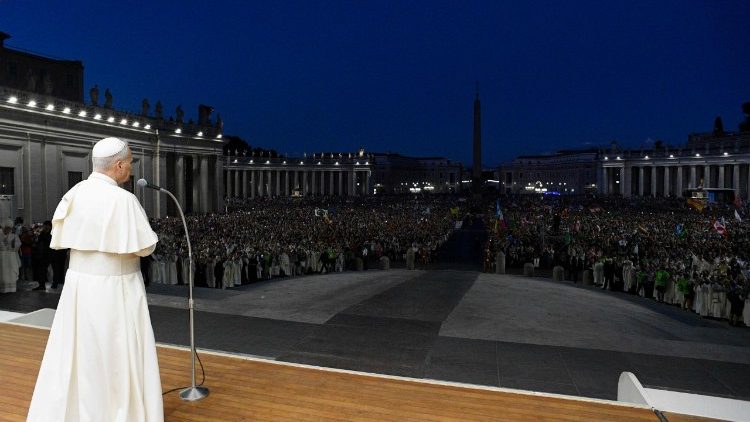

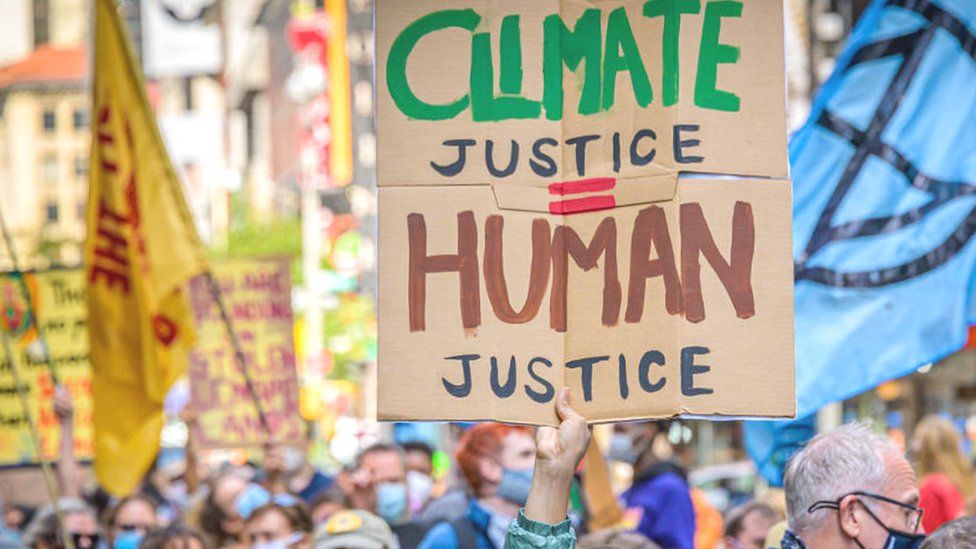


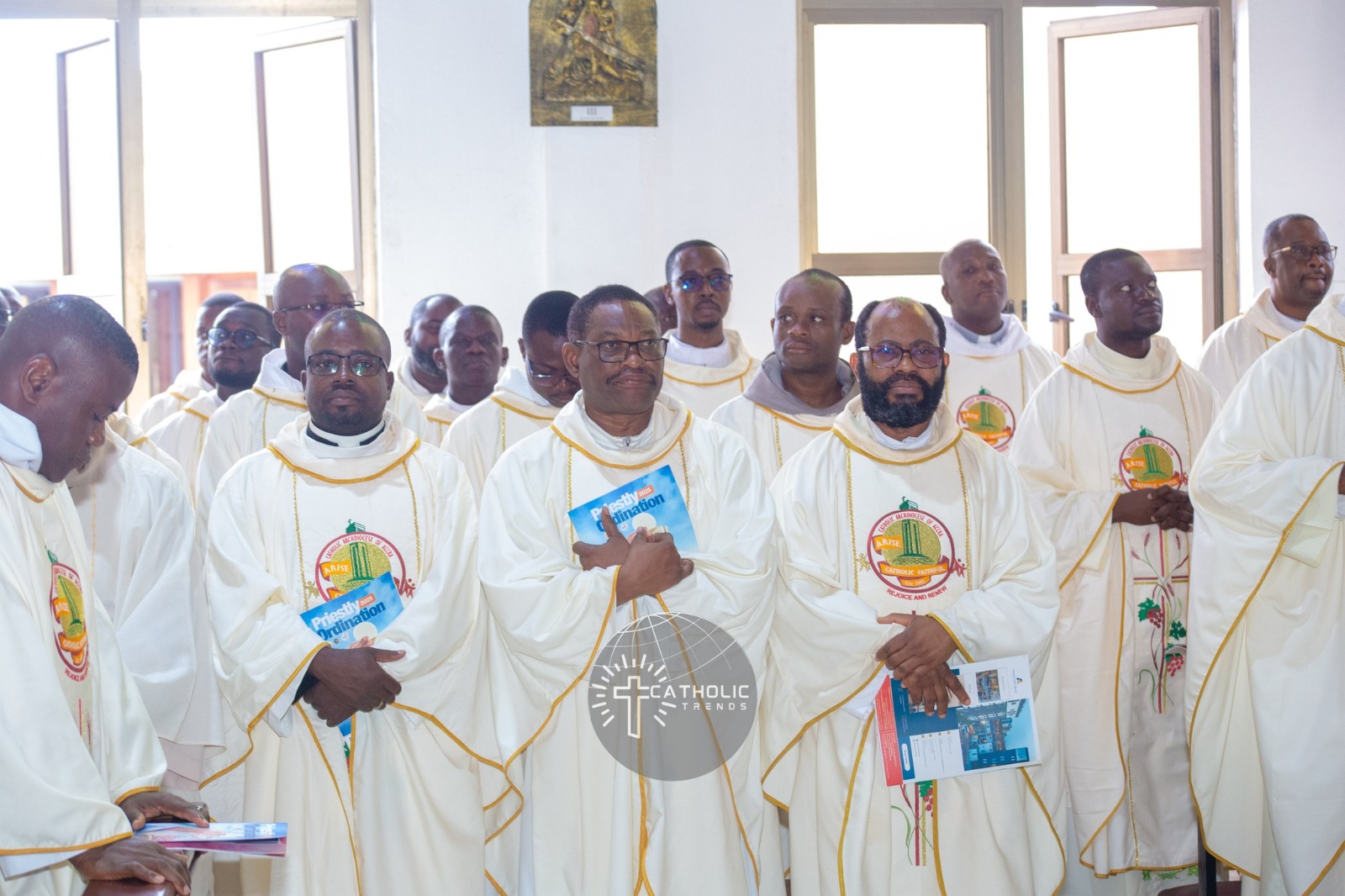

![[Article] Beginning Holy Matrimony without the bride and, or the groom? – Part 1](https://catholic-trends.com/wp-content/uploads/2025/05/4.jpg)


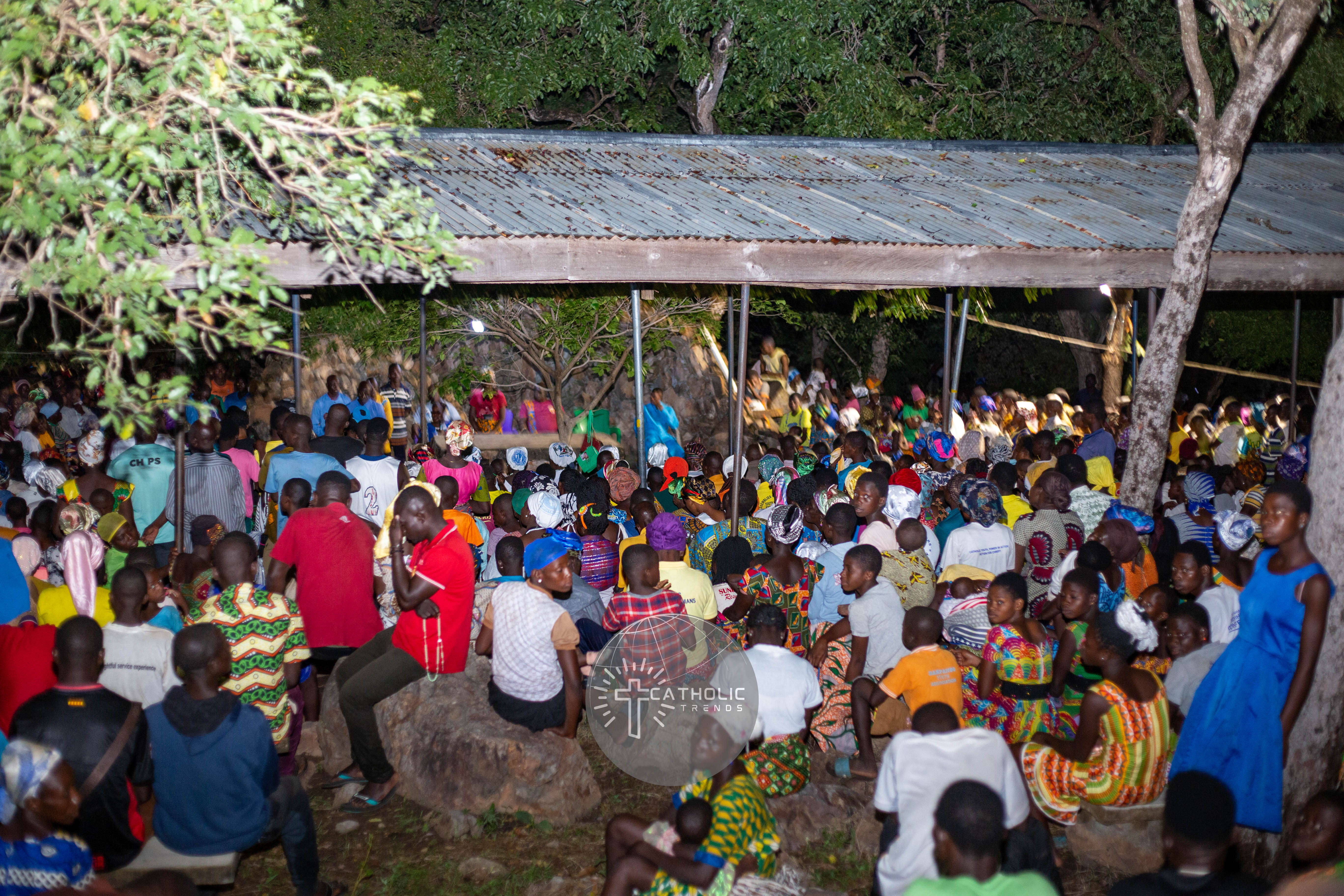
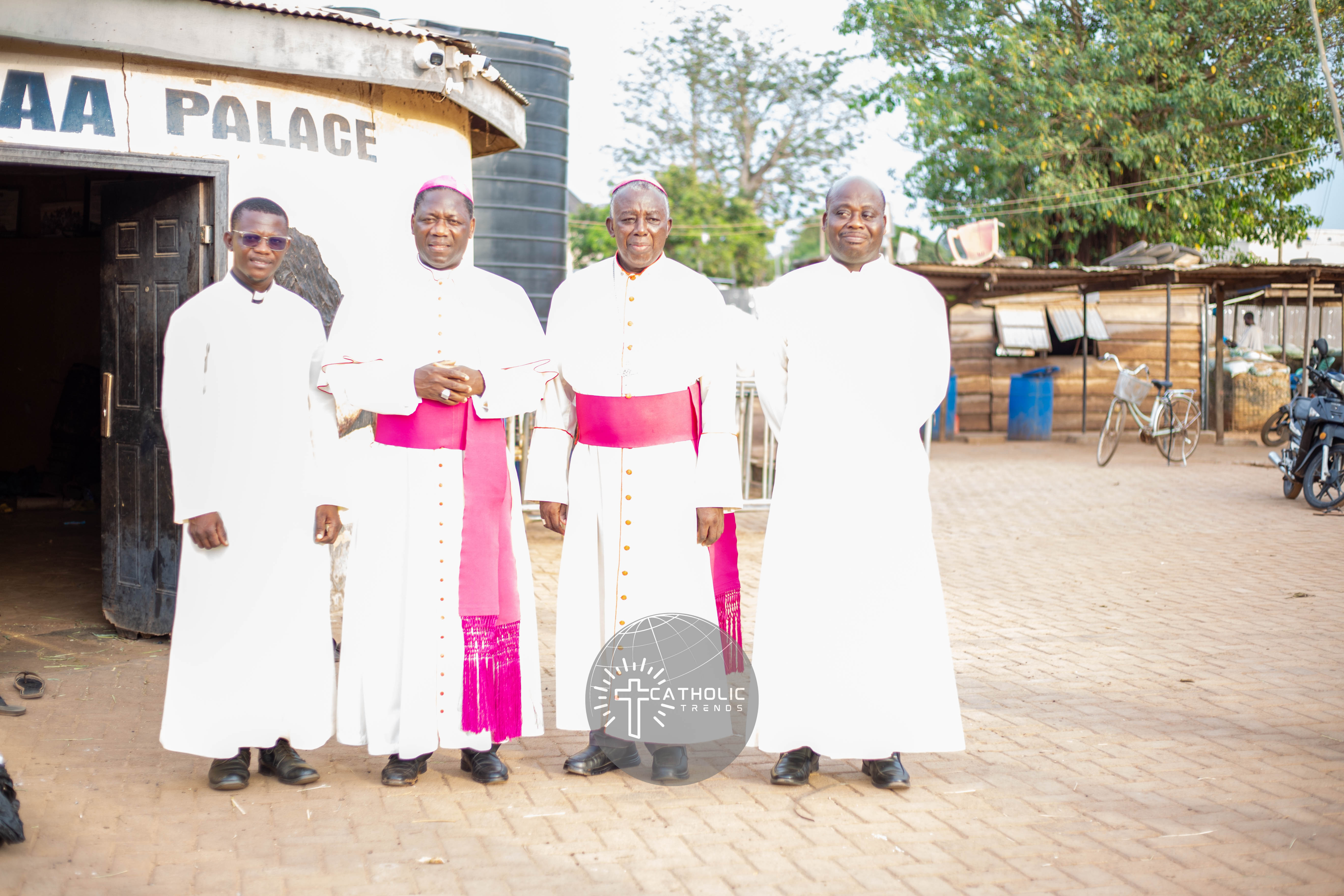

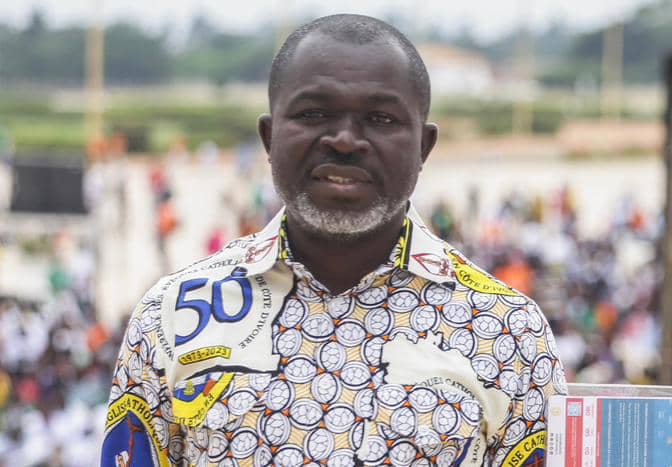

Discussion about this post